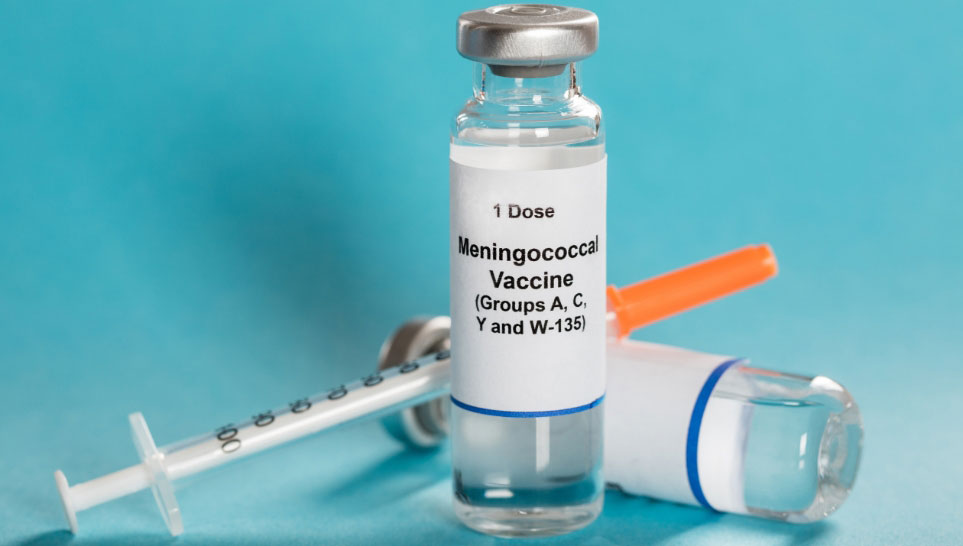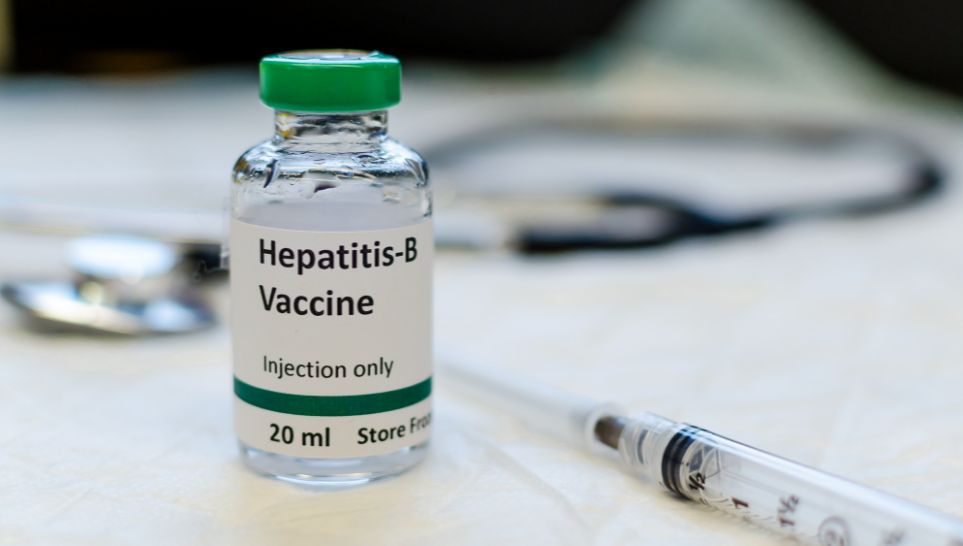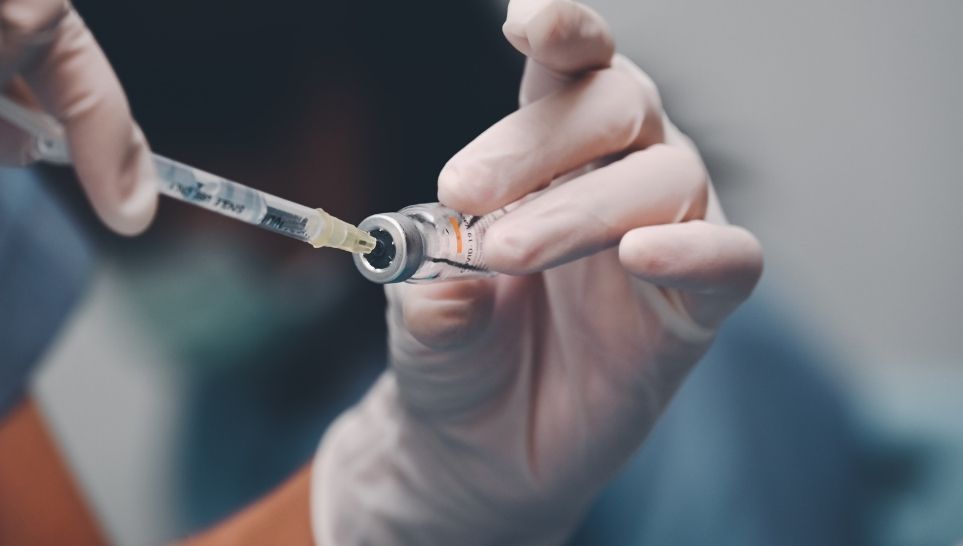Meningococcal disease has many severe risk factors, including brain damage. The creation of the meningitis vaccine came as a result of prior meningococcal disease outbreak events. The vaccine available today can now teach your immune system to fight off the meningococcal bacteria and prevent you from developing bacterial meningitis. Like nearly every vaccination, the meningococcal vaccine typically causes injection site pain and soreness, though differentiating this common reaction from a severe shoulder injury is critical in protecting your health.
Muscle or joint pain can quickly escalate, signifying severe underlying injuries caused by the vaccination. Sometimes, your injury may require a surgical procedure or physical therapy intervention from a healthcare professional to heal properly. Understanding how to watch for shoulder pain following certain vaccines can help you seek the medical attention you need.
At Sadaka Law, we represent individuals injured by vaccines seeking compensation through the National Vaccine Injury Compensation Program. Your compensation can help cover your medical costs while you recover from the injury. Below, we discuss everything you should know about a shoulder injury related to the meningococcal conjugate vaccine, the serogroup B meningococcal vaccine, and the meningococcal polysaccharide vaccine.
What Is Meningococcal Vaccine Arm Pain?
Arm pain is one of the most common side effects of the meningococcal conjugate vaccine, the serogroup b meningococcal vaccine, and the meningococcal polysaccharide vaccine. These vaccines protect against Neisseria meningitidis bacteria, though they each work for a different preferred age group. There are currently no vaccinations against viral meningitis.
The meningococcal vaccine comes in numerous forms for different young adults. For example, the MenACWY vaccine protects against bacteria types A, C, W, and Y, while serogroup B meningococcal disease vaccines protect against Neisseria meningitidis bacteria type B. The MenACWY vaccine and booster dose are safe for children as young as two months old, young adults, and adults up to the age of 55.
The different meningococcal vaccines have varying risk factors. For example, the MenB vaccine typically causes more side effects than the MenACWY vaccine.
Soreness, redness, or swelling are typical reactions to most vaccines, including the meningitis vaccination. You shouldn’t be too concerned if you or your child feels mild arm pain, headache, muscle soreness, etc. immediately after the meningitis shot and for 48 hours following the injection.
Is Arm Pain a Common Side Effect of the Meningitis Vaccine?

While mild arm pain may be one of the most common side effects of meningococcal vaccines, patients can easily confuse it with a more severe, adverse reaction. Shoulder injury related to vaccine administration (SIRVA) occurs when the vaccine administrator uses the wrong injection site, penetrating your deltoid muscle and potentially the bursa, causing more severe complications. SIRVA is not necessarily common, though it still happens fairly often, with hundreds of reported cases from the COVID-19 vaccine alone, according to compiled clinical trials.
Different conditions can place you at a higher risk of suffering vaccine side effects and injuries. For example, if you have autoimmune deficiencies, like complement component deficiency, any illnesses, like streptococcus pneumoniae, or other medical conditions, you may be at an increased risk of vaccine injury and side effects.
Meningitis vaccines can also cause a severe allergic reaction if you’re allergic to any components. Allergic reactions can cause difficulty breathing, changes in blood pressure, swelling, rashes, and other side effects. To avoid this allergic reaction, your healthcare professional should discuss your allergies before administering the dosage.
What Are the Causes of Arm Pain After Meningococcal Vaccines?
Arm pain after the bacterial meningitis vaccines or booster dose injections can occur for a few reasons, including (but not limited to) the following:
Inflammation: The leading cause of arm pain after MenB vaccines, flu shots, Haemophilus influenzae type b vaccines, and other meningitis vaccinations is simply injection site soreness. As the vaccination liquid enters your arm, your muscles must expand, and your body will trigger an immune response to the antigen, causing temporary inflammation that results in redness and pain.
- SIRVA: In rare cases, if the vaccine administrator injects the needle in the wrong area, your shoulder muscles, ligaments, and tendons may become damaged. SIRVA can include rotator cuff injury and tears, tendinitis, bursitis, shoulder impingement syndrome, frozen shoulder, and more.
- Brachial neuritis: Brachial neuritis is a form of nerve damage to the brachial plexus nerve bundle in the shoulder that occurs when your body triggers an abnormal immune response to the vaccination. This peripheral neuropathy can cause muscle weakness and pain, reduced range of motion, numbness, loss of reflexes, and changed sensations to temperature perception.
You can expect to experience inflammation with nearly any vaccination you receive in your life. Because of the rare circumstances that lead to SIRVA or brachial neuritis, these injuries could happen at any point. Whether you’re receiving one vaccine, two vaccines, or three vaccines to protect against bacterial meningitis infection, you must be wary of the side effects and risks each time.
Symptoms of Meningitis Vaccine Injuries

How can you differentiate severe SIRVA joint pain from the standard inflammation side effects? Understanding the critical differences between these reactions can help you seek medical treatment for your vaccine side effects when needed. While a mild headache, muscle or arm pain, and a slight fever may be normal, you need to know when these vaccine side effects become a concern.
The most common side effects of SIRVA include the following:
- Severe pain worsening 48 hours after the injection
- Restricted arm motion
- Inability to move your arm
- Numbness or tingling
Can the Vaccine Affect the Brain and Spinal Cord?
The MenB vaccine and other vaccines of its class are meant to protect you from the meningitis infection, which harms the spinal cord and brain lining. While the infection can cause severe, life-threatening effects, MenB vaccines and other meningococcal vaccinations can also place your brain and nerves at high risk in rare cases. Many vaccine injuries fall into the autoimmune disorder category, where your immune system attacks your body’s organs or nervous system as an overactive response to the vaccine.
A few examples of high-risk autoimmune disorders from vaccines that can affect your brain and nerves include:
- Guillain-Barré Syndrome
- Acute disseminated encephalomyelitis (ADEM)
- Transverse myelitis
- Multiple sclerosis (MS)
- Optic neuritis (attacking the eyes, not the brain)
- Chronic Inflammatory Demyelinating Polyneuropathy (CIDP)
Meningitis Vaccine Arm Injury Treatment
The treatment regimen for arm injuries after a vaccination or booster dose will depend on the severity of your condition. Typically, SIRVA treatments include the following options:
- Rest reduces inflammation and helps your body heal.
- Medication may include over-the-counter options or prescription drugs for severe reactions.
- Physical therapy can restrengthen your arm and shoulder muscles and restore your range of motion.
- Steroid shots can alleviate inflammation and pain, though don’t always provide a long-term solution
- Medical procedure interventions may be required for severe tears or built-up scar tissue.
How Long Does Arm Pain Last?

How long the arm pain from the MenB vaccine or similar meningitis vaccinations lasts depends on your injury. A torn rotator cuff requiring surgery will take a long time to heal and may result in lifelong complications, while a more minor injury can be resolved within a few months.
If you experience the normal vaccine side effects of basic inflammation, you can expect the pain to subside within 48 hours. If your pain continues to worsen after a few days, you should visit your doctor.
How to Prevent Arm Pain From the Meningococcal Disease Vaccine
While you cannot always prevent injuries from vaccines, you can take steps to reduce the risks. We recommend the following:
- Receive the correct vaccination according to recommendations from the Centers for Disease Control.
- Learn the proper administration techniques so you know where the medical professional should administer the injection.
- Relax your arm during the injection.
- Speak with your doctor about over-the-counter medications to reduce common inflammation.
- Watch out for the common SIRVA symptoms.
- Seek medical attention if your pain persists more than two or three days.
Can You Seek Compensation for Your Meningitis Vaccine Injury?
Yes, if you or a loved one suffered injuries from a meningitis vaccine, you can seek compensation through the National Vaccine Injury Compensation Program, which will require proof. Navigating your settlement offer and proving that the vaccine caused your injury isn’t always easy, so you need an experienced attorney to represent your case. Contact our team at Sadaka Law by calling +1 (800) 810-3457 to discuss your case.






